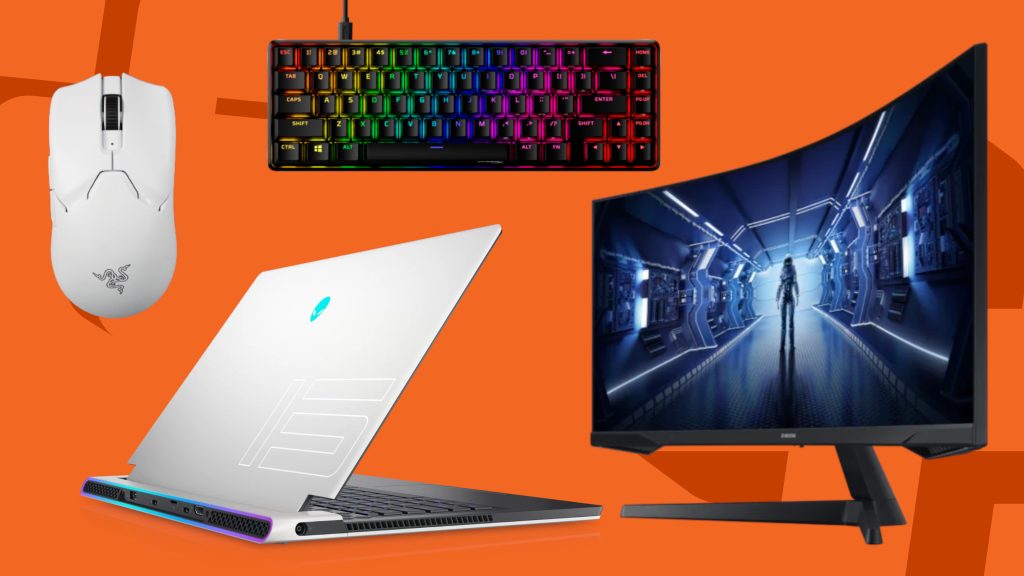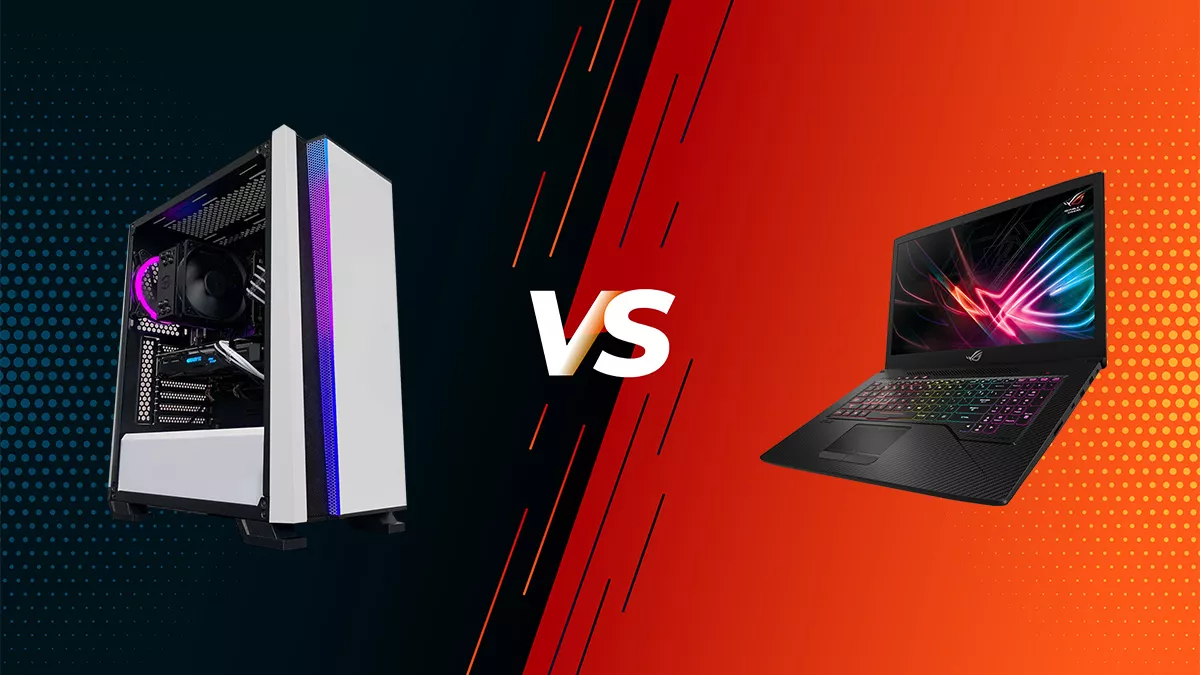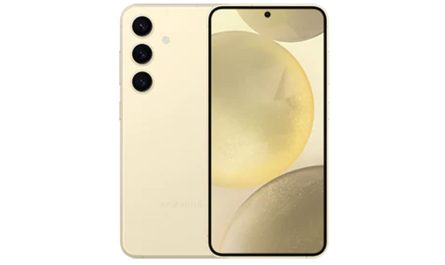Category Laptops Desktops
| Display Size | 15-17 inches | 24-32 inches (standard), 29-49 inches (ultrawide) |
| Resolution | 1080p (Full HD) – 1440p (Quad HD) – 4K (Ultra HD) | 1080p (Full HD) – 1440p (Quad HD) – 4K (Ultra HD) |
| Portability | Thin and Light: 14-15 inches – Desktop Replacement: 17 inches | N/A (Stationary setup) |
| CPU | Intel Core i7/i9 – AMD Ryzen 7/9 | Intel Core i7/i9 – AMD Ryzen 7/9 |
| GPU | NVIDIA RTX 3060/3070/3080 – AMD Radeon RX 6000 series | NVIDIA RTX 3060/3070/3080/4080 AMD Radeon RX 6000/7000 series |
| RAM | 16GB (minimum) – 32GB (ideal) | 16GB (minimum) – 32GB (ideal) |
| Storage | 512GB SSD (minimum) 1TB SSD (ideal) | 512GB SSD (minimum) 1TB SSD + HDD (ideal) |
| Refresh Rate | 60Hz (standard) 120Hz-144Hz (better) | 60Hz-144Hz (standard) 144Hz-240Hz (better) |
| Response Time | 1ms-5ms | 1ms-5ms |
| G-Sync/FreeSync | Recommended for smoother gameplay | Recommended for smoother gameplay |
| Ergonomics & Design | RGB Backlit Keyboard <br> Efficient Cooling | Adjustable Stand Efficient Cooling |
| Budget | Entry-Level: 1080p, GTX 1660/RTX 3050, 8-16GB RAM – Mid-Range: 1440p, RTX 3060/3070, 16GB RAM – High-End: 4K, RTX 4080/4090, 32GB RAM | Entry-Level: 1080p, GTX 1660/RTX 3050, 8-16GB RAM Mid-Range: 1440p, RTX 3060/3070, 16GB RAM High-End: 4K, RTX 4080/4090, 32GB RAM |
| Future-Proofing | Limited upgradability Choose higher specs if possible | Highly upgradable Choose components with future expansion in mind |
display Size
15-17 Inches (Laptop): For laptops, a 15-inch to 17-inch screen size is ideal for gaming. It provides a good balance between portability and immersive gaming experience. A larger screen size (17 inches) offers a better visual experience, but it also makes the laptop bulkier and less portable.
24-32 Inches (Desktop Monitor): For desktops, gaming monitors typically range from 24 to 32 inches. A 24-inch monitor is sufficient for most gamers, offering sharp visuals without taking up too much space.
A 27-inch or 32-inch monitor provides a more immersive experience, especially for high-definition gaming.

Resolution
1080p (Full HD): This is the standard resolution for gaming. It offers a good balance of visual clarity and performance, especially on laptops and smaller monitors.
1440p (Quad HD): For larger screens or if you want more detail, 1440p is a great option. It requires more powerful hardware but offers a sharper image.
4K (Ultra HD): If you’re aiming for the best visual experience, 4K is the way to go, but it requires a top-tier graphics card to maintain high frame rates.
Portability (For Laptops)
Thin and Light: If portability is crucial, consider a laptop that is thin and light, typically around 14-15 inches. These laptops are easier to carry but may compromise on cooling and performance.
Desktop Replacement: If performance is the priority and you don’t need to move the laptop often, a larger, heavier model with a 17-inch screen is better suited for gaming.
Performance Considerations
CPU and GPU: Ensure the laptop or desktop has a powerful CPU (e.g., Intel Core i7/i9 or AMD Ryzen 7/9) and a dedicated GPU (e.g., NVIDIA RTX 3060/3070/3080 or AMD Radeon RX 6000 series) for optimal gaming performance.
RAM: 16GB of RAM is the minimum for gaming, with 32GB being ideal for more demanding games or multitasking while gaming.
Storage: A fast SSD (at least 512GB) is essential for quick load times and smooth gaming.
Refresh Rate
60Hz-144Hz (Laptop): A refresh rate of 60Hz is standard, but for a smoother experience, especially in fast-paced games, look for a laptop with a 120Hz or 144Hz refresh rate.
144Hz-240Hz (Desktop Monitor): For competitive gaming, monitors with refresh rates of 144Hz or higher are recommended. This offers a significant advantage in fast-action games.
Other Factors
Ports: Make sure the laptop or desktop has enough ports (USB, HDMI, DisplayPort, etc.) for your peripherals like a gaming mouse, keyboard, and external monitor.
Cooling: Gaming laptops and desktops generate a lot of heat, so good cooling is essential to maintain performance. Look for devices with efficient cooling systems to prevent thermal throttling.
Conclusion
Laptops: A 15-17 inch screen with 1080p resolution and a high refresh rate is ideal for most gamers.
Desktops: A 24-32 inch monitor with at least 1080p resolution and a 144Hz refresh rate is recommended.



